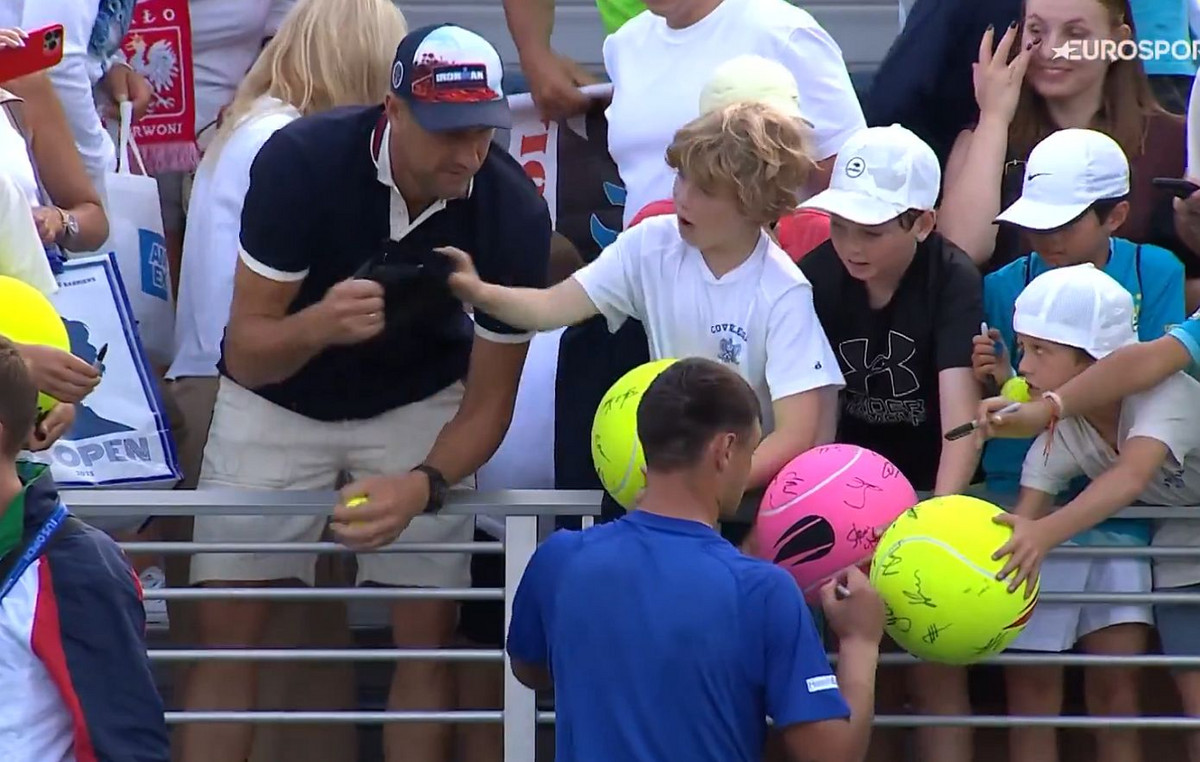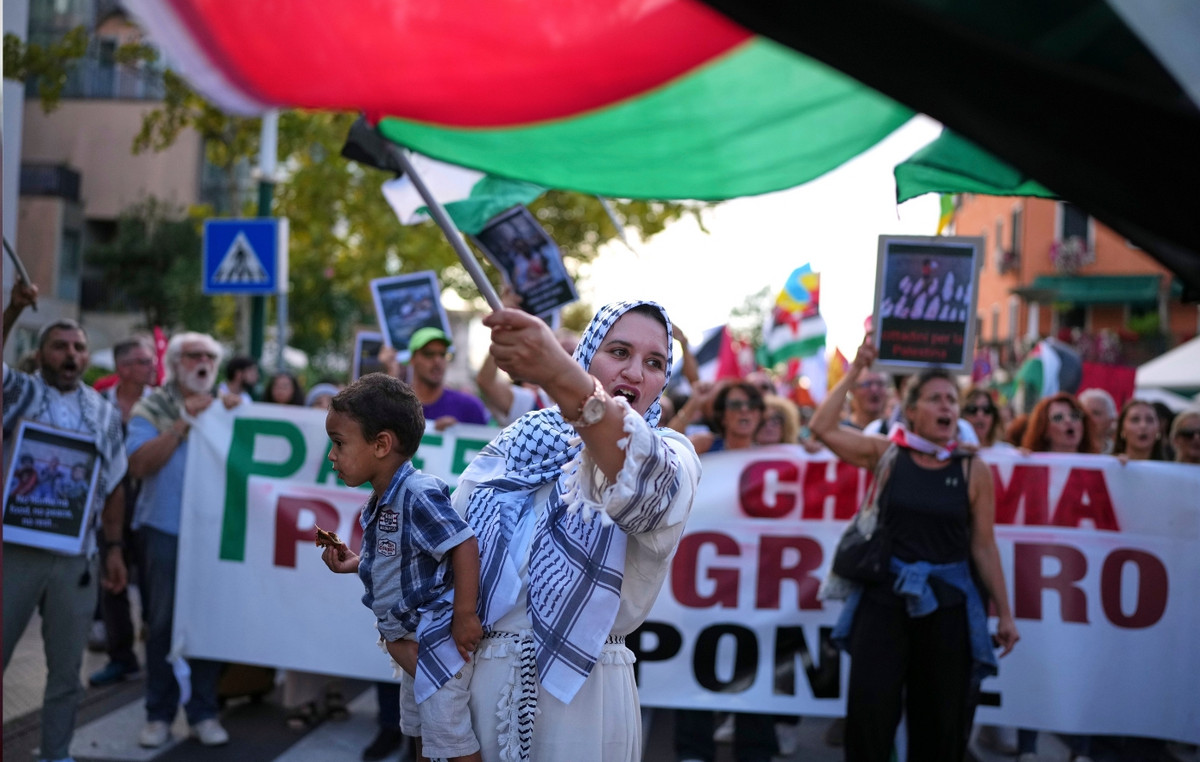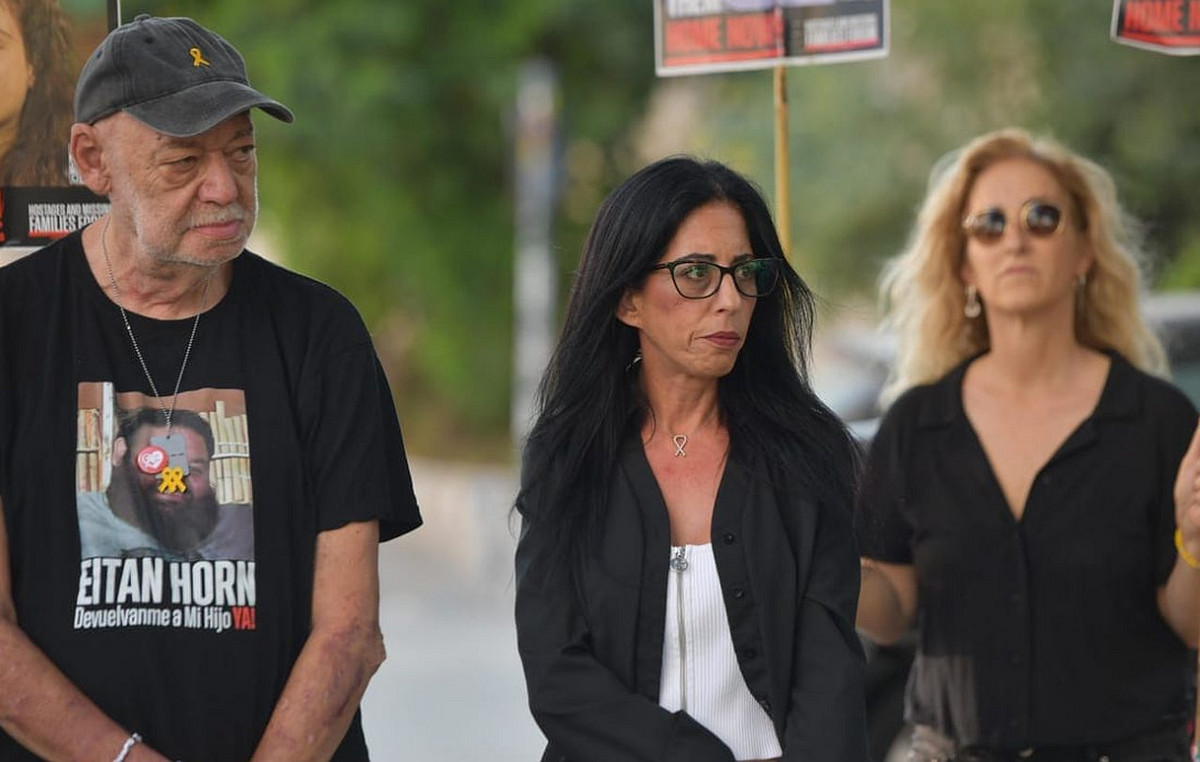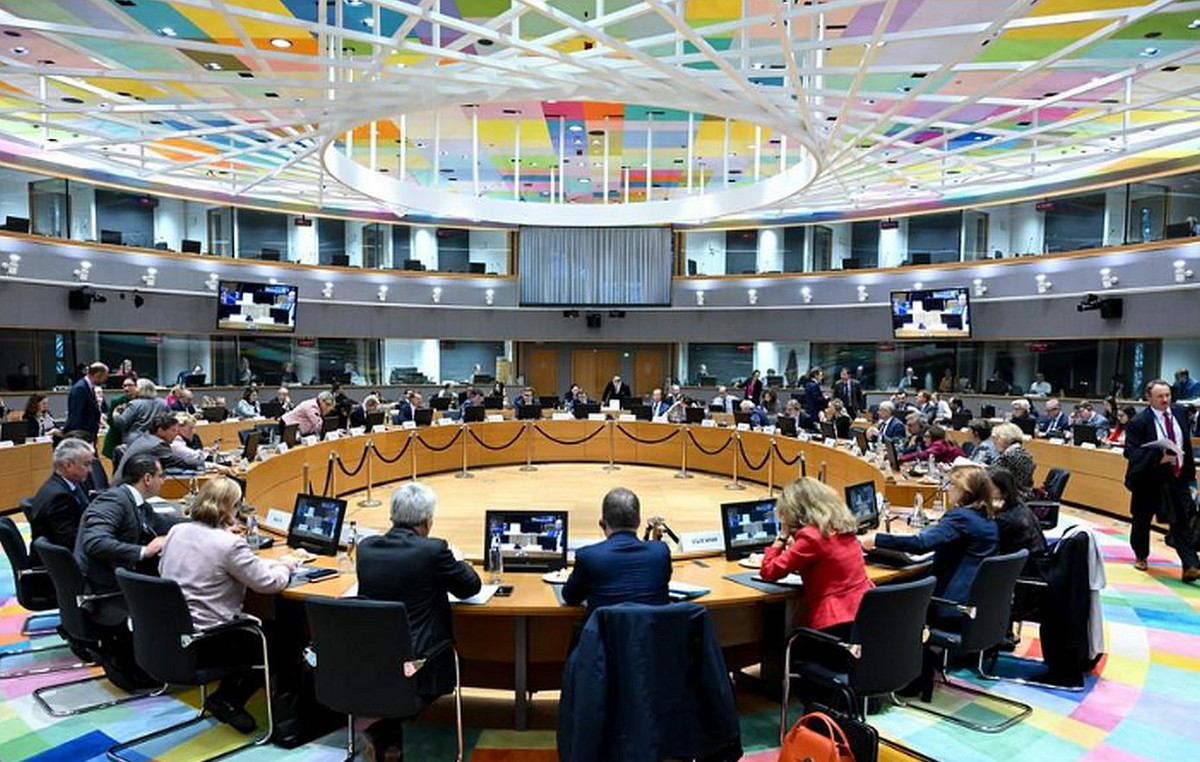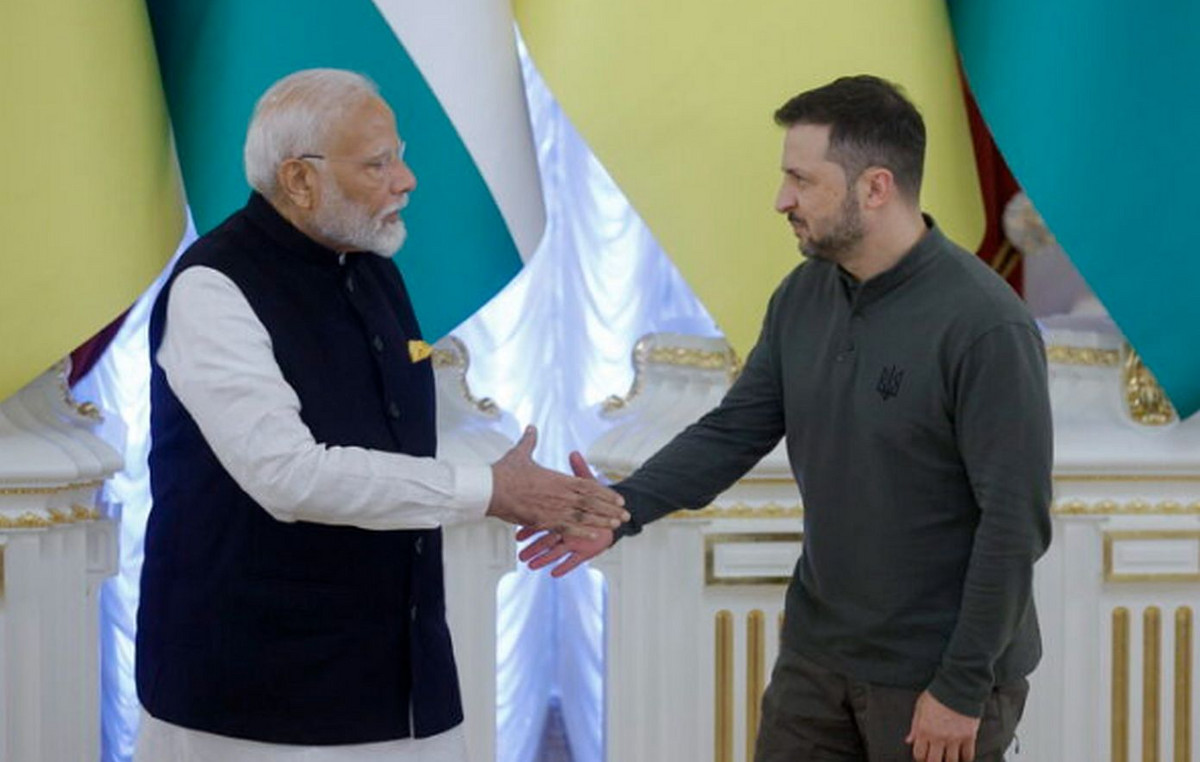Even for local residents, travel within the isolated country officially known as the Democratic People’s Republic of Korea is heavily restricted.
But organizing a trip was much easier for 25-year-old Russian citizen Yuri Frolov, who spent two weeks in the hermit kingdom as a high school student in 2015 and 2016. Yuri’s fascination with North Korea began with a TV documentary that portrayed the country as under siege by its capitalist neighbors. This curiosity led him to join the “Solidarity with North Korea” group on VKontakte, Russia’s equivalent of Facebook.
Through this group, he found an opportunity to attend the Songdowon International Children’s Camp in Wonsan, on the east coast of North Korea. About $500 covered all expenses for a 15-day trip. His parents agreed, and he traveled alone from St. Petersburg to Vladivostok, joining other children and Communist Party officials on the trip.
Earlier this year, 100 Russian citizens were the first tourist group allowed to visit North Korea since the pandemic, a sign of Russia’s growing popularity as Pyongyang deepens ties with Moscow. Before the pandemic, the biggest source of tourists arriving in North Korea wasn’t Russia — it was China.
Upon their arrival at Songdowon International Children’s Camp in the summer of 2015, camp staff greeted Frolov and his group warmly. The camp has welcomed children from a number of countries, including Laos, Nigeria, Tanzania, and China. However, interactions with the North Korean children were limited to the last day, a deliberate measure to prevent any real exchange of experiences.
The camp offered typical summer activities like beach trips and sandcastle-building competitions, but it also included some unusual rituals. Campers were required to wake up at 6 a.m. and clean statues of former North Korean leaders Kim Il Sung and Kim Jong Il, even though professionals were already maintaining the monuments.
Having reported on North Korea 19 times, I found Frolov’s experiences eye-opening. The heavy emphasis on propaganda, the strict supervision, and the bizarre mix of freedom and control are aspects I encountered repeatedly.
One of the more bizarre activities at summer camp involved a computer game in which players, like a hamster in a tank, had to destroy the White House.
This game reminded me of a conversation I had with two North Korean campers who were playing a similar game. When I asked them who they were shooting at, they replied, “Our sworn enemy, the Americans.” Then I asked, “What if I told you I was an American? Would you want to shoot me too?” Without hesitation, they replied, “Yes.” After assuring the young men that I was a “good American,” they decided I should be allowed to live. And then they smiled and waved as we said goodbye.
This is the paradox of North Korea. People were generally friendly and polite, even when they told me that the United States should “drown in a sea of fire.”
Despite the strong propaganda, Frolov remained skeptical. The rigid schedule frustrated him, especially when he was not allowed to skip morning exercises despite being sick. The camp food was another challenge, with Frolov saying it consisted mostly of rice, potato wedges, and bread, leading to a 12-pound weight loss over the course of 15 days. His craving for familiar food was so intense that when he returned home, he bought a meal at Burger King, but was unable to finish it all.
Frolov recounted a memorable incident in Pyongyang: “There was a girl, very young, wearing an American flag-style dress in the city center. Surprisingly, no one was angry with her, although she was told not to wear it again. It was a bizarre moment in such a controlled environment.”
“A lot of things felt fake, especially the science and innovation buildings. They weren’t convincing, even to a child,” he reflected. “It wasn’t an entirely horrible experience. I was mostly bored. Apart from the lack of internet, it felt like any basic Russian children’s camp.”
Despite the harsh and tightly controlled environment, he chose to return to the camp the following year, partly because of the Communist Party’s preparations and what he describes as his aversion to conflict.
In retrospect, Frolov recognizes the decision as foolish, but appreciates the unique stories he can share about North Korea.
His account offers a rare glimpse into the experiences of foreign children at a North Korean summer camp, highlighting the country’s efforts to indoctrinate young minds through a mix of cultural exchange and propaganda.
Yuri Frolov’s story is a powerful reminder of the lengths to which North Korea will go to shape perceptions and cultivate loyalty. His experiences at Songdowon International Children’s Camp highlight the regime’s use of propaganda and control to influence young minds, a strategy I observed firsthand during my reporting trips.
Despite the vast differences in our roles—he as a camper and I as a journalist—our experiences reveal the same underlying truth about North Korea’s relentless pursuit of ideological control.
Source: CNN Brasil
Bruce Belcher is a seasoned author with over 5 years of experience in world news. He writes for online news websites and provides in-depth analysis on the world stock market. Bruce is known for his insightful perspectives and commitment to keeping the public informed.

